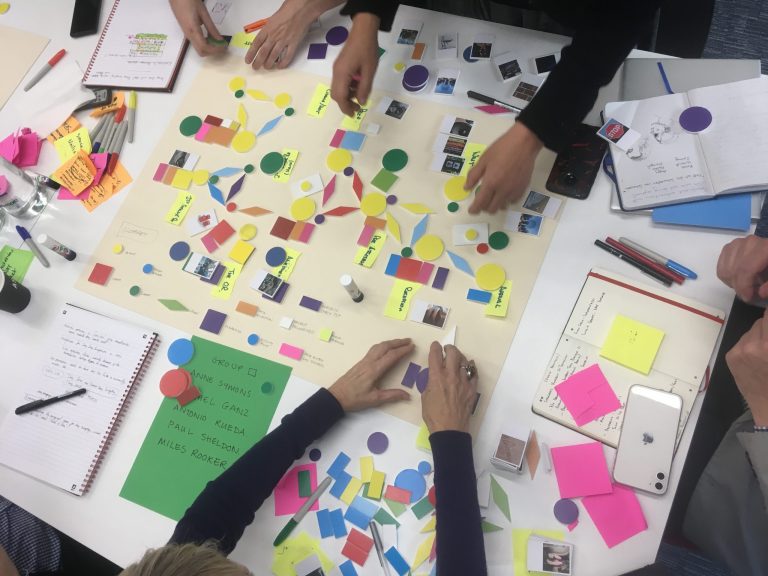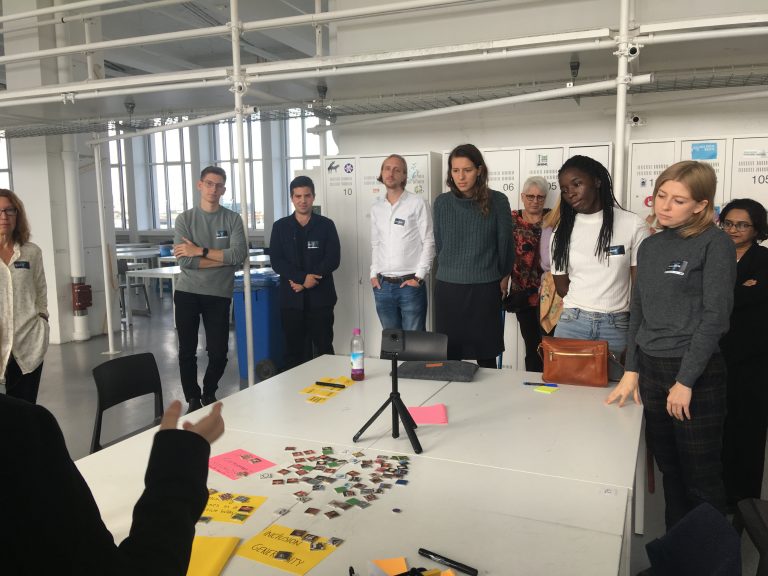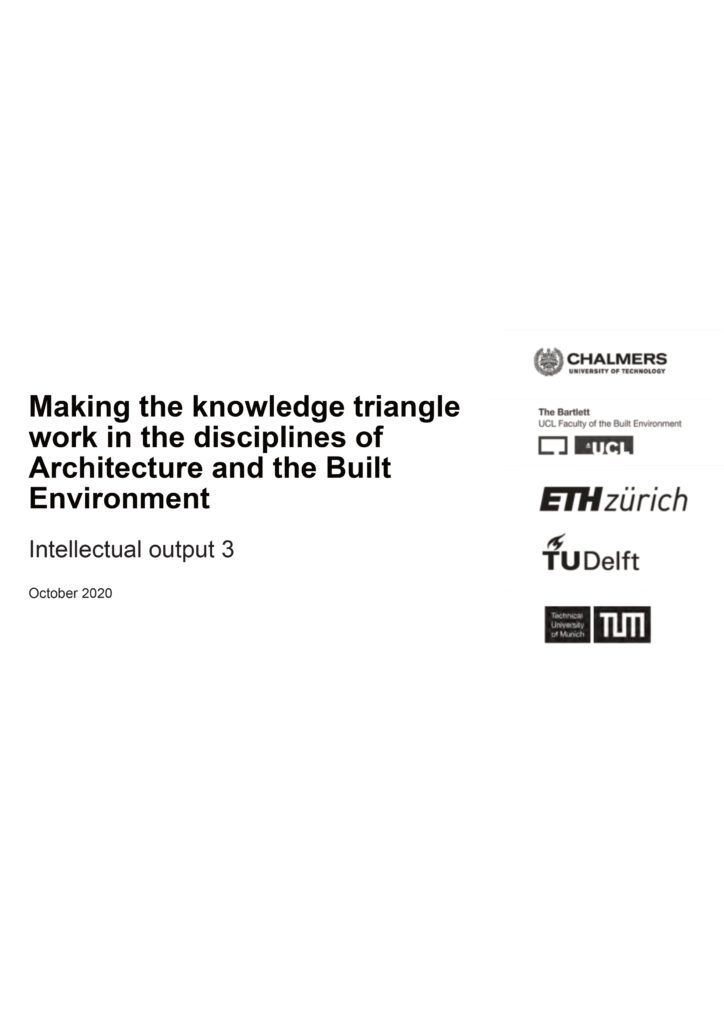Expected results during the project and upon its completion
Better understanding of the needs, opportunities and restrictions within Architecture and Built Environment disciplines in Europe in terms of activities in the knowledge triangle, as well as collaboration and links to industry and public partners.
Raised awareness among the partner institutions in this alliance, as well as target groups inside and outside of academia in European countries, of the need for and possibilities of successful work models and support structures for collaboration.
Established network between the partner universities and stakeholders for collaboration in the knowledge triangle.
Increased cooperation and exchange between schools/faculties of Architecture and the Built Environment and business and industry.
Greater awareness of collaboration opportunities and new career paths in research & development outside of academia.
Better understanding of what research in the field can offer to business and industry, and vice versa.


